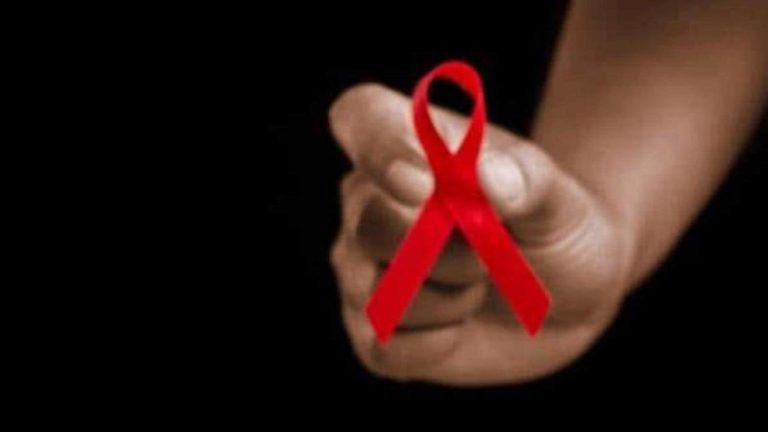The prevention of HIV requires more than simply adhering to the guidelines. It is important to be aware of the potential dangers and to have a grasp of how HIV may and cannot be passed on. It’s about going the additional mile to educate oneself regarding new and old methods of HIV prevention in equal measure. The most important thing is to go for an HIV test in Delhi.
If you want to keep yourself safe, you really do have to take an objective look at the personal risk variables you face and come up with a unique preventative plan to cut down on those hazards as much as possible.
Safer Sex
There are options for both male and female users when it comes to condoms. They are available in a wide range of hues, textures, and flavours and can be made from a number of materials. The most efficient method of prevention against sexually transmitted infections (STIs) like HIV is the use of a condom. It may be used for oral sex on males in addition to vaginal or anal sex and can also be conducted vaginally on women. It is possible for HIV to be transmitted prior to ejaculation via pre-cum as well as vaginal secretions, as well as from the anus.
It is imperative that condoms be used prior to any sexual contact taking place in between the anus, mouth, uterus, or penis. This is very vital. The use of condoms is one of the most efficient ways to protect against sexually transmitted diseases (STDs), including chlamydia and gonorrhoea, in addition to HIV test.
Be Selective in Sexual Partners
The larger the number of sexual encounters you have, the greater the possibility that you may become infected with or pass on HIV to one of those partners. Every last one of your sexual encounters has a sexual past, and that history likely involves other people. Your existing sexual partner may have contracted HIV or another sexually transmitted infection from one of your previous partners.
If you engage in sexual activity, a monogamous relationship could be the safest match for you. This implies that from this point on, you and your partner would only have sexual encounters with one another. Reduce your risk of developing or spreading HIV by protecting yourself using condoms or one of the other available barrier techniques. Besides that, you should also consider HIV tests in Delhi on a regular basis.
Minimum Sexual Partner
This can help reduce the likelihood that you will have a partner who is HIV positive and potentially pass it on to you. The more sex partners you have, the higher your risk is of having a partner who is infected with HIV and whose viral load wouldn’t be under control, as well as having a sex partner who now is infected with an STD. Both of these things have been linked to an increased risk of HIV transmission and also go for HIV tests in Delhi.
Injecting Equipment and Needles should not be shared
If you inject drugs, you put yourself at risk of contracting HIV as well as other blood-borne diseases, including hepatitis C as well as other viruses. It is also vital to avoid sharing injecting equipment like needles, syringes, as well as spoons & swabs, and also the actual drugs themselves or the liquids that are being used to dilute them. Needle exchange programs, which allow used needles to be traded in for clean ones, are offered by a great number of municipal governments as well as pharmacies.
There seem to be a lot of different techniques to avoid getting HIV, and there’s a good chance that if you have to do all of them, your risk of getting HIV will go down. Keep in mind that the only way you could get HIV from another person is through sharing their bodily fluids with them.
Conclusion
If you have reason to believe that you have been exposed to HIV or that your risk of catching the virus is significant, you should consider an HIV test in Delhi on a frequent basis. Early treatment for HIV can enhance your prognosis and lower the likelihood that you will pass the virus on to other people.

